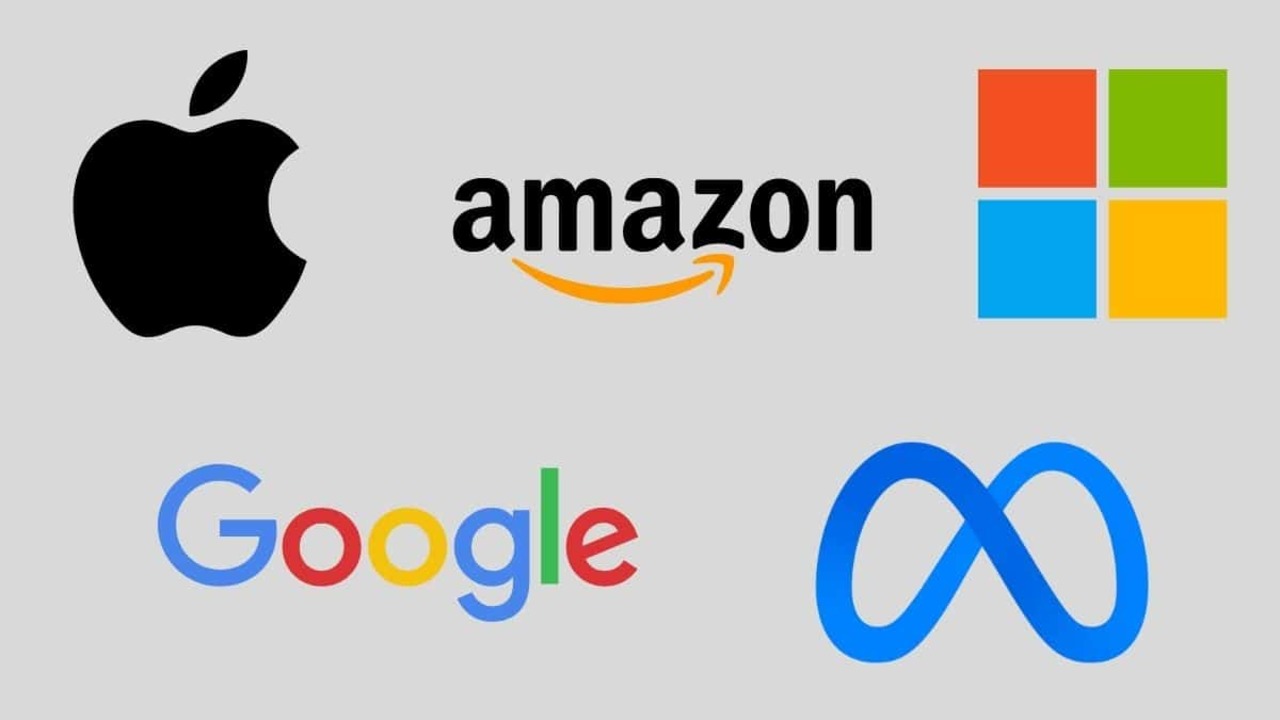US President Trump, in a statement on social media, stated that digital services taxes, digital services laws, and market regulations target American technology entirely. He stated that these practices do not apply to large Chinese technology companies in any way.
Donald Trump opposes digital services tax
Trump announced that if these discriminatory practices are not removed, he will impose significant additional tariffs on exports to the US and impose export restrictions on highly protected American technologies and chips.

The nature of the digital taxes being implemented remains unclear. Different types of taxes are applied to digital services. These include digital services taxes based on a company’s digital sales revenue, consumption taxes levied on any company’s sales, and digital withholding taxes levied on the profits of digital companies operating in a country.
Many countries in Europe and East Asia implement these types of taxes. This is because while local companies pay taxes on both physical and digital sales, foreign companies without a physical presence in the country fail to report their online sales and are exempt from the tax.
According to the Tax Foundation, the vast majority of digital service providers are based in the US. Therefore, American companies are most affected by digital services taxes.
If Trump’s action plan goes into effect, the US’s closest allies will be hit hard. At least 18 countries, including Turkey, France, the UK, Italy, Spain, and Hungary, impose digital services taxes on online sales.
By contrast, major chip manufacturers like Taiwan, South Korea, and Japan do not have this tax, but they do impose VAT-like taxes on digital sales.













